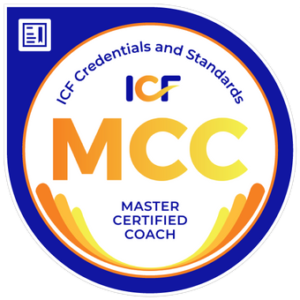
Going from boss to coach is an important mindset to better engage your employees and team members. Here are some quick and effective techniques to shift from a bossy command-control conversation to a coach approach.
As a coach for over 25 years, I understand the strategies that will help you get tremendous insight and engagement from individuals. It starts with the belief that people are experts about themselves. Instead of you having all the answers and tools, the goal is to help people unearth the creative wisdom that is inside of them.
In the Coach Approach, there are five different aspects of a coaching conversation broken down in a convenient acronym: COACH. Keith Webb trademarked this acronym in 2004 in his book The Coach Model. As a Certified Gallup Strengths Coach, I have included strengths-based principals to elaborate on the Coach Approach.
Connect:
When you come into a coaching conversation, you want to connect with your client or employee quickly. Ask questions about recent successes that they are excited about. Starting a coaching conversation with a sense of happiness and recalling success creates a safe space for them to be innovative and to lean into the conversation mentally.
Outcome:
Ask clarifying questions like, “What is the outcome that you want in this conversation? What is the real challenge you would like to work on today? How would you know if you made progress at the end of our conversation?” These questions encourage them to seek results.
Awareness:
The awareness phase is when your client or employee discovers the most about themselves and their goals. Use this time to discover the higher agenda they have. “What is the long-term goal?” Then, discover the tactical and practical agenda that the person has. “What is the short-term goal?” Awareness is a great way to open up the ability to follow up and check in with them.
Course:
Help them design their own path, actions, and accountability. Keep in mind that what works for you may not work for someone else. Ask open ended questions that empower acceptance of responsibility and ownership. When they feel they’re the architect of their own course, they will make the most change.
Highlights:
End the coaching session by asking, “What was valuable from this conversation today? What are your next steps? How would you hold yourself accountable? How else can I help you?” This approach allows space to process and review the mental notes.
The Coach Approach is all about how you connect. If you understand what a person’s strengths are, you can connect more closely with what drives them and ask more effective questions. These questions can then help them see outcomes with their strengths in mind.
If you would like to dive deeper into this topic, ask me a question by clicking HERE.






Brent, you always add value when you share any wisdom.
Cheers